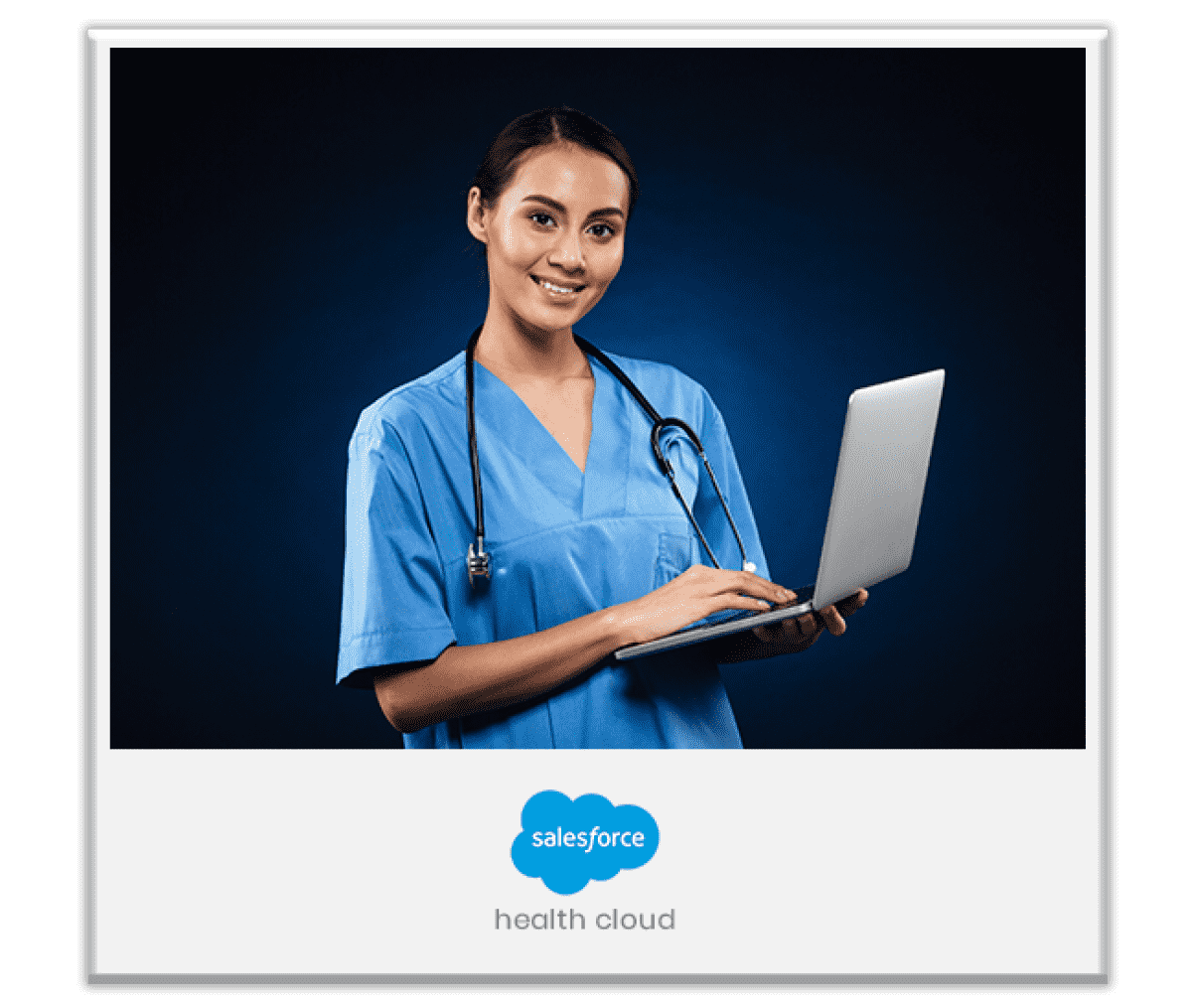How Salesforce Health Cloud Help In Patient Experience
- - Category: Business Opportunities
- - 11 Oct, 2022
- - Views: 156
- Save

Salesforce Health Cloud is a cloud-based platform that helps healthcare organizations overcome these challenges.
In order to deliver quality patient care, healthcare organizations need easy access to patient data. They also need to be able to quickly share information between different care teams. However, many healthcare organizations still rely on outdated systems that make it difficult to access and share data. Salesforce Health Cloud is a cloud-based platform that helps healthcare organizations overcome these challenges. With Health Cloud, organizations can easily store, manage, and share patient data. They can also use the platform to create a more seamless experience for patients by providing them with a single point of contact for all their health needs. In addition, Salesforce Health Cloud helps healthcare organizations improve their overall efficiency by automating many of their tasks. As a result, Health Cloud is an essential tool for any healthcare organization that wants to improve its patient experience.
Our Salesforce Consultation can help you with Salesforce Health Cloud to increase patient experience.
10 Key Areas Salesforce Health Cloud Help In Patient Experience
Salesforce Health Cloud allows for better patient engagement and connection to care teams. One of the ways it does this is by automating key areas of the patient experience. It also provides a secure environment for health data and makes it easier to access from any device. Health Cloud helps in the following 10 key areas of patient experience:
1) Appointment Scheduling: Health Cloud automates appointment scheduling and reminders, which can help reduce no-shows and improve patient satisfaction.
2) Care Team Coordination: Salesforce Health Cloud helps care teams coordinate more effectively by providing a single platform for communication and collaboration.
3) Electronic Health Records: Health Cloud provides a secure, cloud-based platform for storing and accessing electronic health records. This can help improve care quality and reduce costs.
4) Family Engagement: Health Cloud helps families stay connected to their loved ones who are receiving care. It provides tools for communication and collaboration, as well as access to health information.
5) Health Data Management: Health Cloud provides a secure platform for managing health data. This includes tools for tracking individual health data, as well as aggregated data for population health management.
Connect with our Salesforce CRM Consultant and successfully implement Health Cloud.
6) Patient Portals: Health Cloud provides patients with secure access to their own health information through patient portals. This can help empower patients to take active roles in their own healthcare.
7) Population Health Management: Salesforce Health Cloud provides tools for managing population health data. This includes data analytics tools that can help identify trends and potential risk factors.
8) Remote Patient Monitoring: Salesforce Health Cloud enables remote patient monitoring through its mobile app. This can help improve care quality and reduce costs.
9) Social Media Integration: Health Cloud integrates with social media platforms, such as Facebook and Twitter. This allows providers to reach out to patients on these platforms and engage in two-way communication.
10) Telehealth: Health Cloud enables telehealth services, which can improve access to care and reduce costs.
If you are looking to integrate Salesforce Health Cloud into your organization, then connect with one of our Top Salesforce Consultants to discuss this further.



